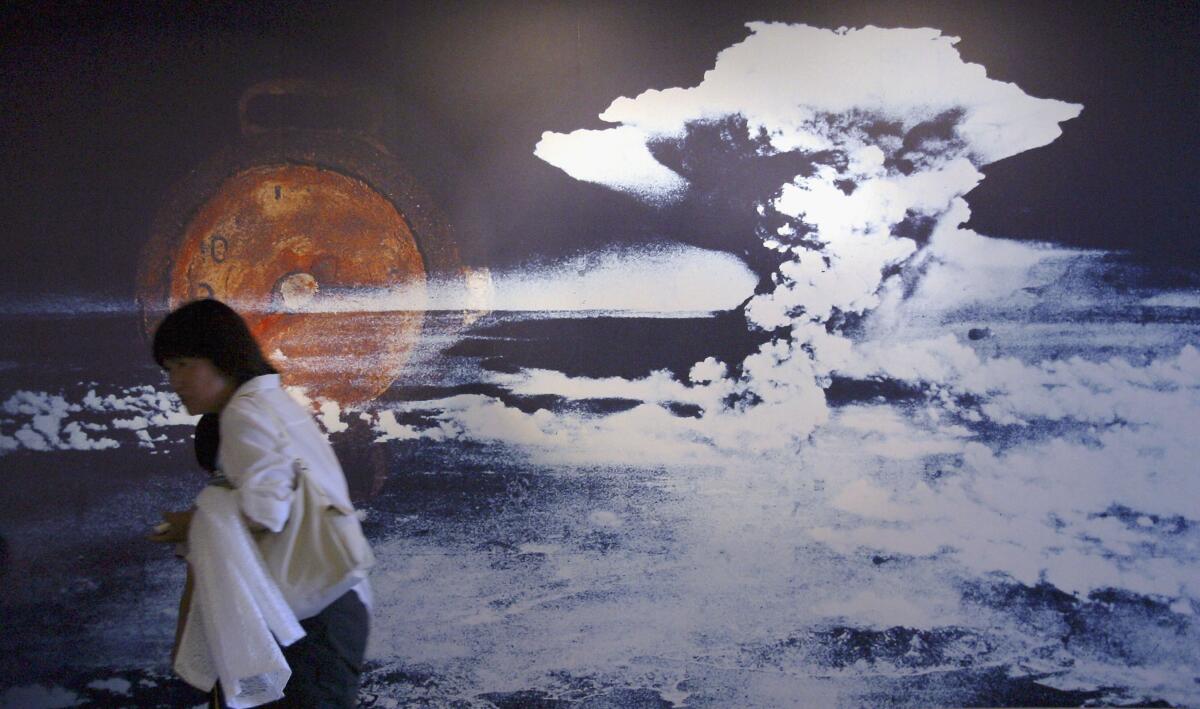BREAKING: A fierce debate is unfolding over the moral implications of the atomic bombings of Hiroshima and Nagasaki, following an opinion piece published on August 8. Contributors are weighing in with strong arguments about the justification and necessity of these historic events, igniting discussions about the ethical dimensions of warfare.
Readers are challenging whether the bombings were a necessary evil in the context of World War II. Paul Humphreys from Los Angeles argues that the choice of densely populated cities as targets cannot be justified, drawing parallels to Adm. Matthew Perry‘s actions in 1853 when he opted for a non-violent approach to persuade Japan to open its ports. “The strategic missions of the Enola Gay and Bockscar cannot be compared to Perry’s diplomacy,” he asserts.
In stark contrast, Joel Athey from Valley Village highlights that the United States was aware of Japan’s extensive preparations for an invasion, which included mobilizing 2.4 million civilians on the Kyushu peninsula. He notes that Japan’s strategy was to inflict heavy casualties to sway American public opinion against the war, making the bombings appear more necessary in hindsight.
Compounding the issue, Gen. Dwight Eisenhower reportedly expressed concerns to President Truman about using the atomic bomb, arguing that Japan was already on the verge of surrender. He stated, “It wasn’t necessary to hit them with that awful thing,” raising questions about the moral justifications for the bombings. Steve Wood from Ventura echoes this sentiment, expressing concern over future decisions labeled as “moral necessities.”
Meanwhile, Dean Van Eimeren from Long Beach suggests an alternative approach that could have saved lives, proposing that a demonstration of the bomb on a remote island could have achieved the same strategic objectives without the devastating human toll. “A demonstration might have saved another 200,000 lives,” he argues.
As these voices emerge, the debate continues to evolve, reflecting a broader discourse on military ethics and the consequences of wartime decisions. The urgency of this conversation is amplified by the ongoing reassessment of historical narratives surrounding the bombings.
This developing story underscores the importance of examining the moral implications of actions taken during wartime. As opinions diverge, the human impact of these events remains at the forefront, prompting readers to reflect on the lasting consequences of such critical decisions.
Stay tuned for updates as more voices join this urgent discussion surrounding the legacy of Hiroshima and Nagasaki.
